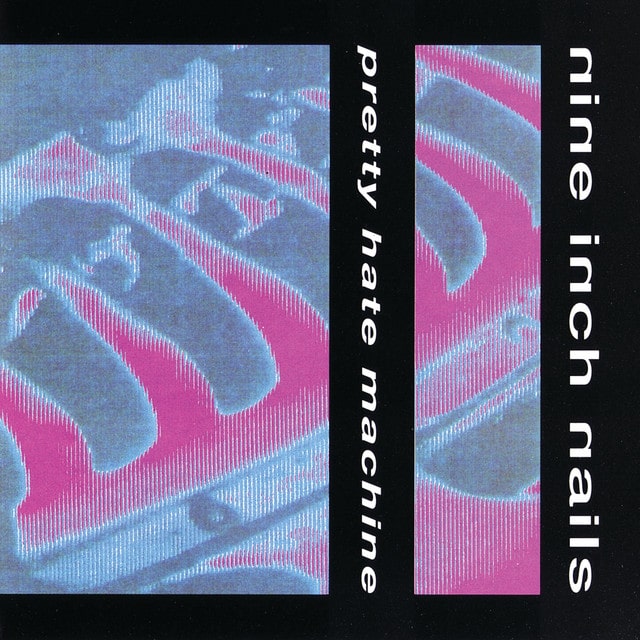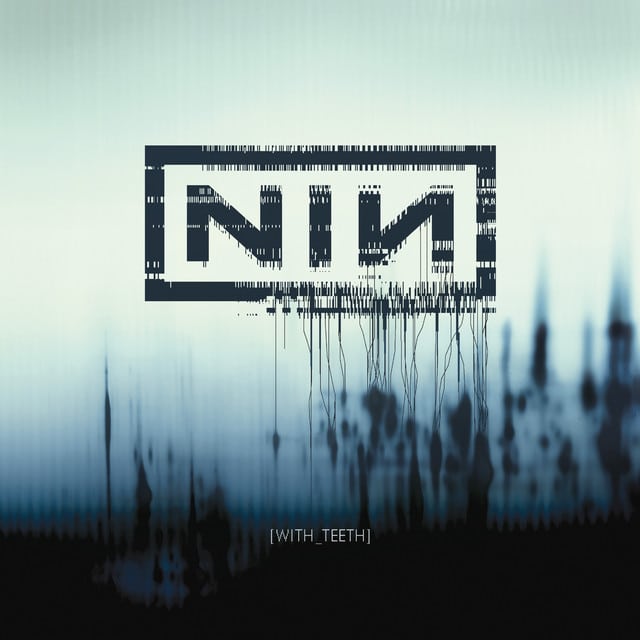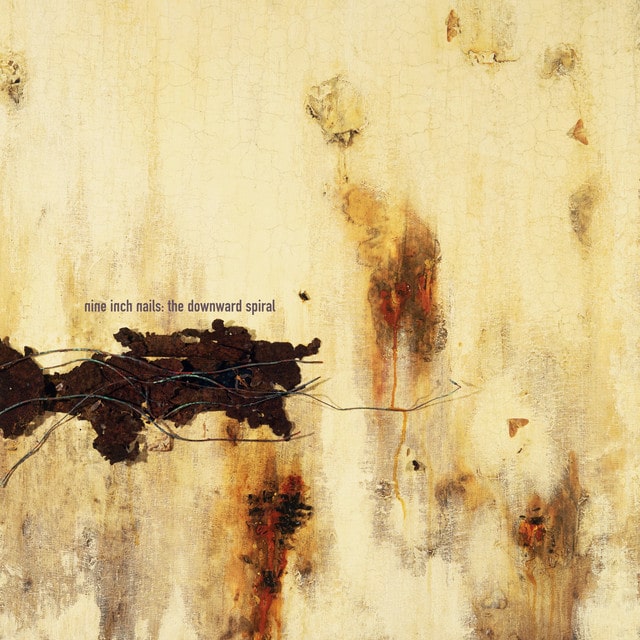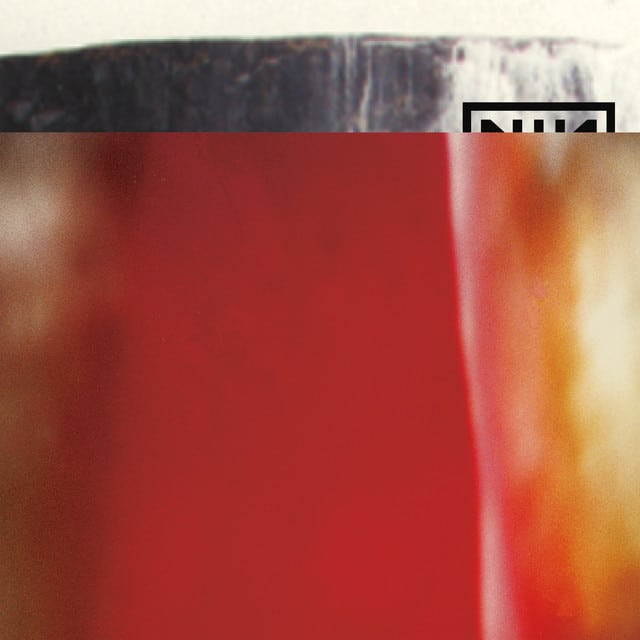Released: 1992
“Wish” by Nine Inch Nails thrashes through the speakers with a serrated edge of disaffection and raw nerve intensity. Trent Reznor doesn’t just write songs; he crafts anthems for the disillusioned, and “Wish” is a vehement declaration of that fact. It’s a sonic explosion that tackles feelings of disillusionment, betrayal, and the yearning for something authentic in a world that feels overwhelmingly counterfeit.
The opening lines, “This is the first day of my last days,” serve as a grim proclamation. Reznor uses this paradox to signify a beginning that’s also an end; perhaps the start of reckoning or a final descent into despair. The craftsmanship here is in how he articulates a profound sense of hopelessness right from the get-go, setting the tone for the entire track. When he says,”I built it up, now I take it apart,” there’s a tangible sense of self-destruction and the cycle of building hopes just to demolish them, a theme that resonates deeply with the nihilistic ethos of Nine Inch Nails.
The chorus, “Wish there was something real, wish there was something true,” is a raw plea for authenticity in a facade-laden society. The repetition emphasizes a deep craving for something genuine amidst superficiality, exemplifying how Reznor excels at capturing complex emotions in simple yet potent phrases. This chorus isn’t just catchy; it’s a crack in the veneer of the mundane, a desperate howl into the void for something meaningful.
Reznor then delves deeper into his psyche with “I’m the one without a soul. I’m the one with this big fucking hole.” This self-assessment strips down any facade of stability or wholeness, confronting the listener with raw vulnerability. The mention of “26 years, on my way to Hell,” could allude to a life spent in pursuit of something, only to be met with disillusionment. It’s a vivid picture of existential dread and personal void, encapsulating the feeling of being profoundly lost.
The gripping line, “you know me, I hate everyone,” isn’t just teenage angst; it’s a declaration of universal mistrust and loathing, perhaps even self-directed. When social constructs and relationships feel bankrupt of meaning, what’s left is a blanket disdain, a shield against further disappointment. This isn’t about being antisocial; it’s a defense mechanism against a world perceived as inherently deceitful and harmful.
In a cyclone of distorted guitars and pummeling drums, “Wish” becomes more than a song—it’s a manifesto of disillusionment, a beacon for those who feel disenchanted by the pretense of societal norms and relationships. Nine Inch Nails doesn’t just give voice to these feelings; it immortalizes them in a soundscape that is as harsh as it is honest. This isn’t about inducing despair but rather validating and giving form to it, making “Wish” a powerful, cathartic experience for anyone who’s ever craved something real in a “world full of you.”








